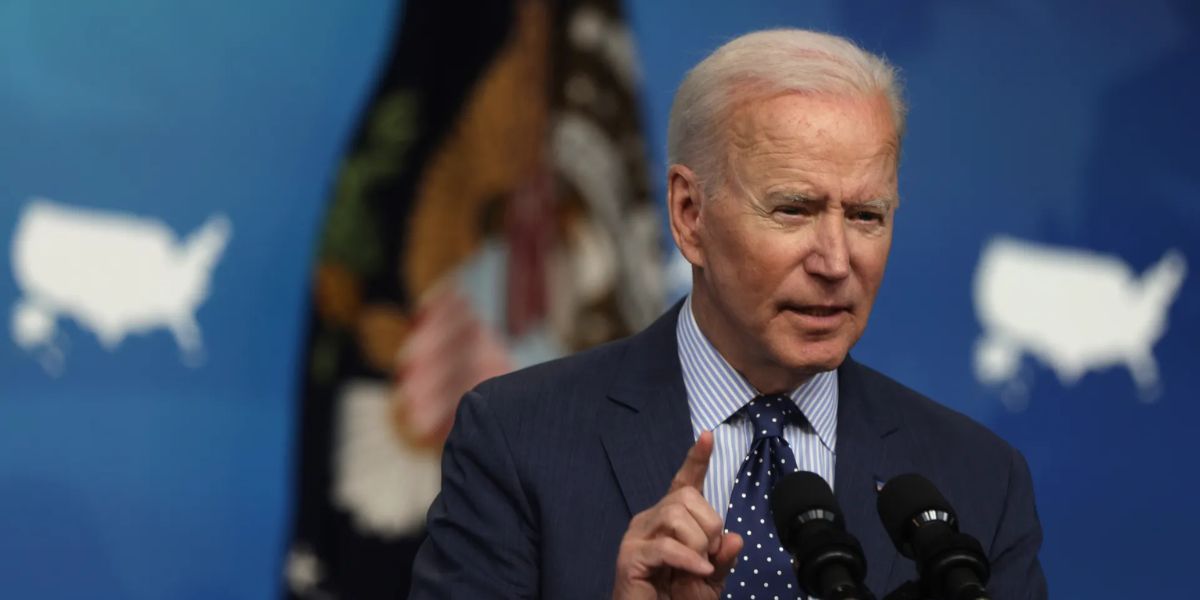On Saturday, President Biden signed a bill that gave the Foreign Intelligence Surveillance Act (FISA) an additional two years of warrantless surveillance authority.
After hours of heated debate, the Senate narrowly avoided the shutdown of a crucial national intelligence gathering capability by passing the reauthorization bill early on Saturday.
Just after midnight, the Senate voted 60–34 to send the bill to Biden’s desk. Before Senate Majority Leader Charles Schumer (D-N.Y.) declared a breakthrough on the Senate floor, the program appeared to be about to lapse.
The law increases the government’s capacity to eavesdrop on foreign nationals who are abroad, including intercepting any communications they have with Americans.
Read Also: Rep. James Comer Hints at Bombshell: Alleged Biden Crime Yet to Surface
Though it falls short of privacy advocates’ aspirations, the law, dubbed the Reforming Intelligence and Securing America Act, enacts a number of modifications to FISA Section 702.
The White House praised Congress for enacting what they referred to as “one of the United States’ most vital intelligence collection tools” in a statement released after the vote.
National Security Adviser Jake Sullivan said in a statement after the vote that “the Reforming Intelligence and Securing America Act will retain essential authority to understand and protect against a wide range of dangerous threats to Americans while enhancing safeguards for privacy and civil liberties through the most robust set of reforms ever included in legislation to reauthorize Section 702.”
Sen. John Cornyn (R-Texas) stated on Friday that the legislation addresses “many of the problems that we’ve experienced with Section 702” and is not a “clean reauthorization” of the program.
Nevertheless, the intense disagreements between both parties over the 15-year-old program—which supporters herald as essential to national security and detractors claim seriously violates Americans’ right to privacy—were made clear during the legislative discussion.
After a group of 19 GOP members obstructed a procedural vote to continue the debate, the House granted the extension even though they were unable to win any of their desired policy outcomes.












Leave a Reply